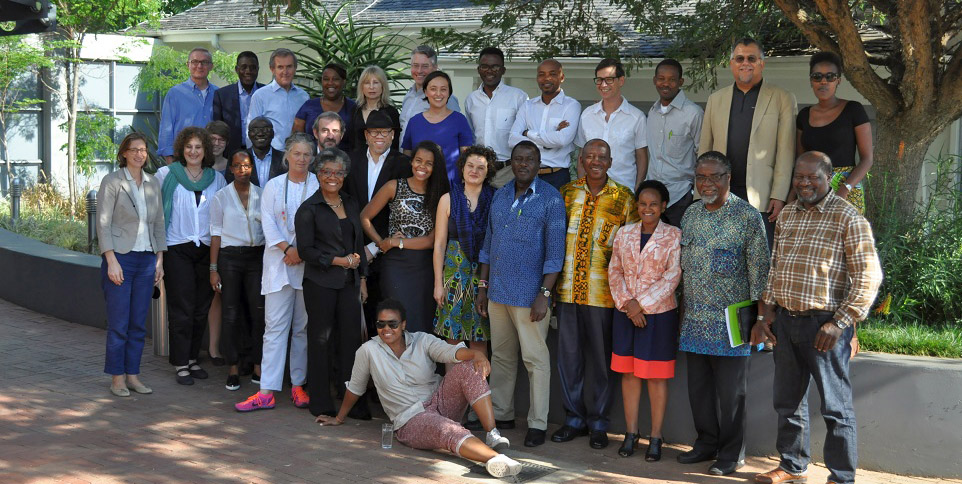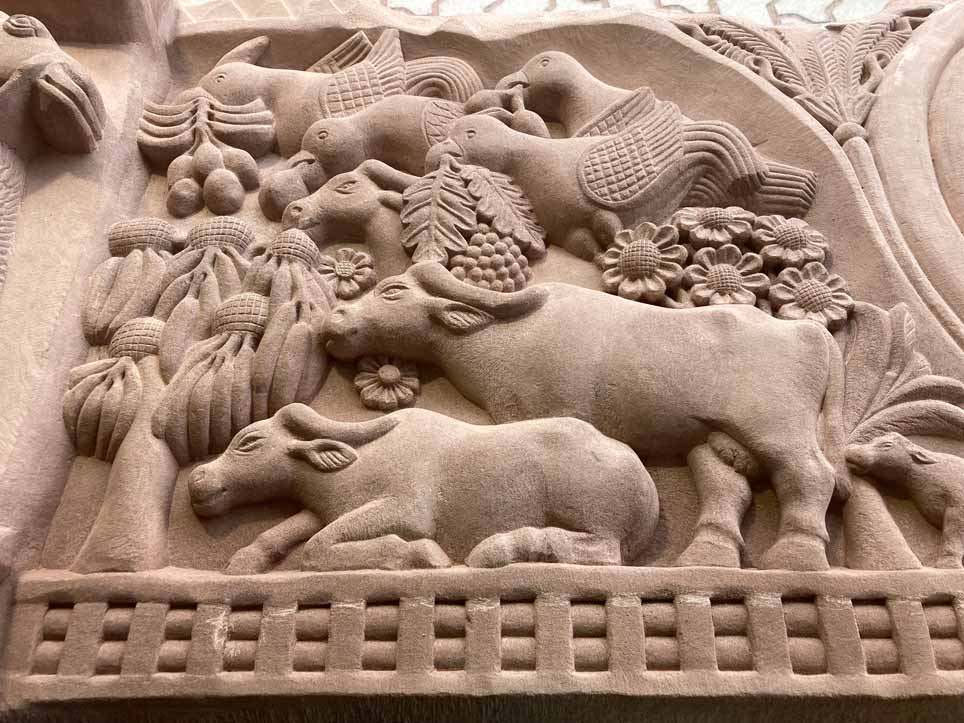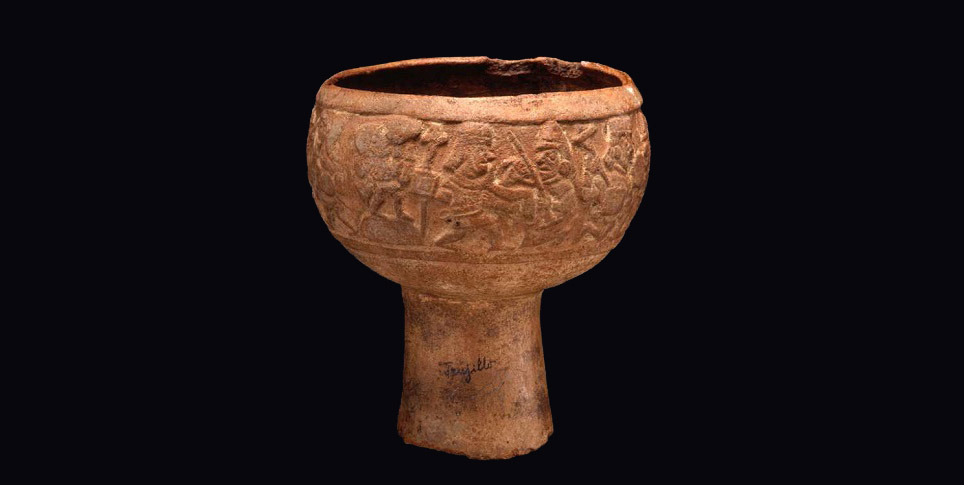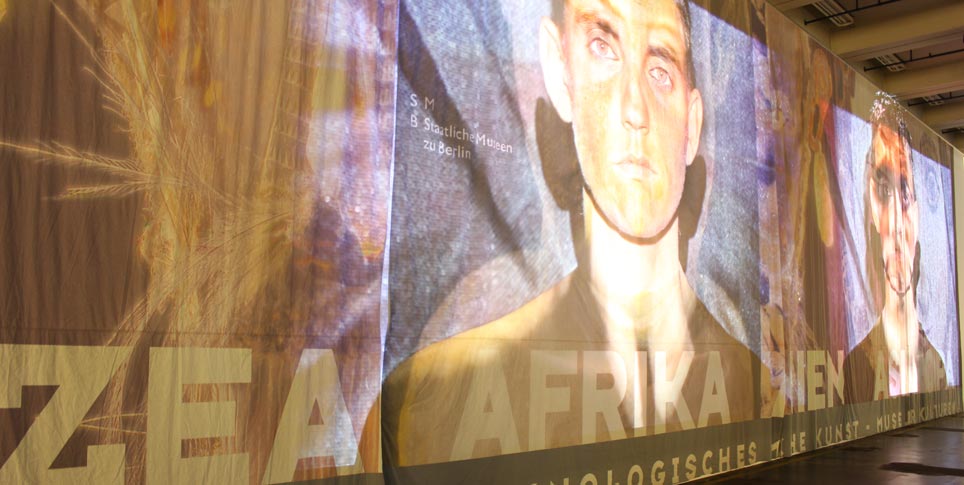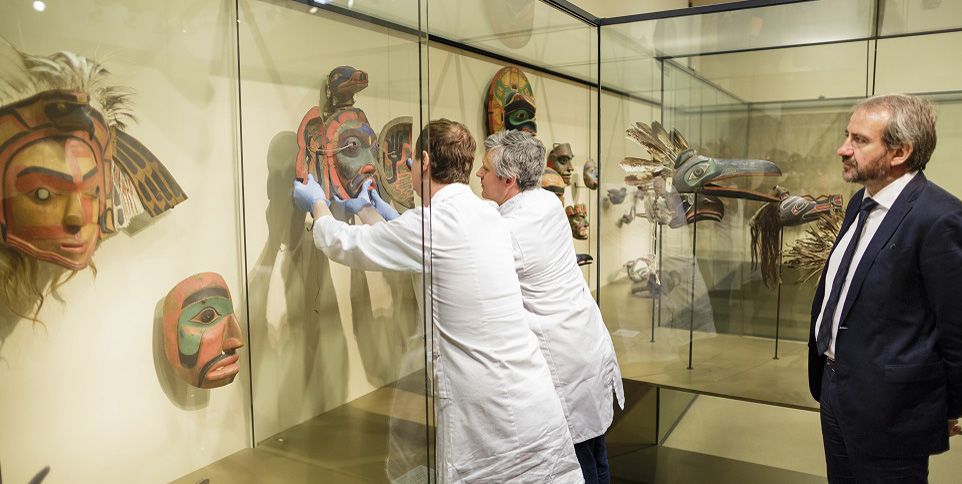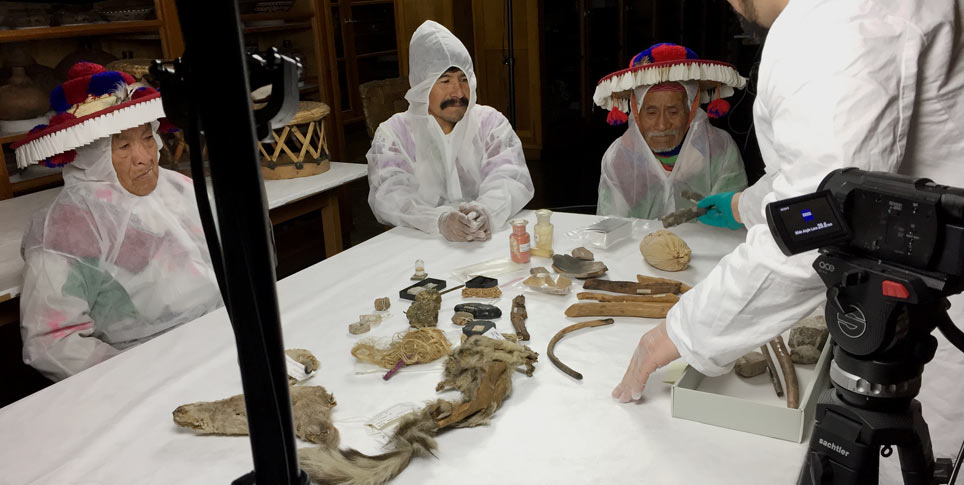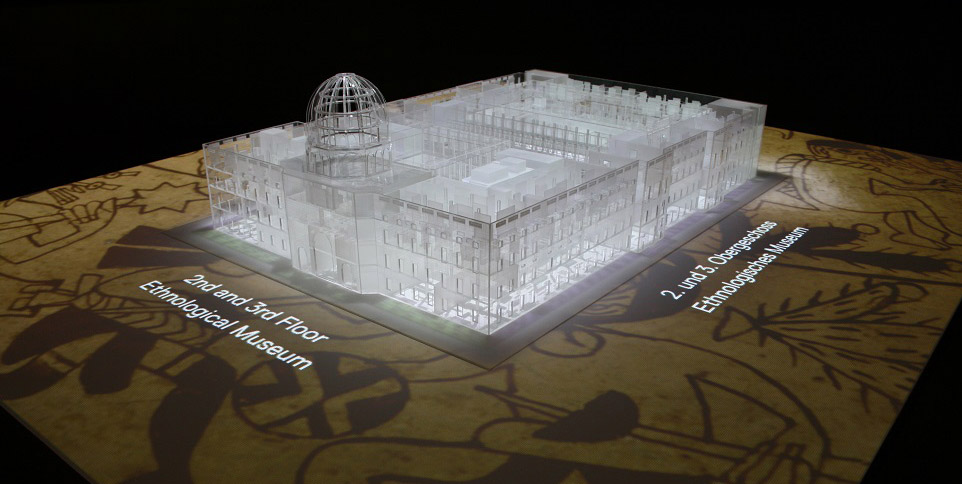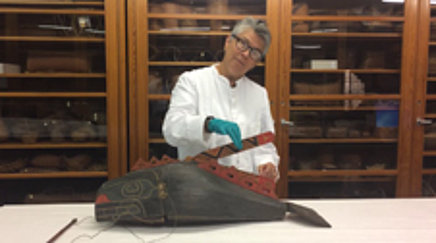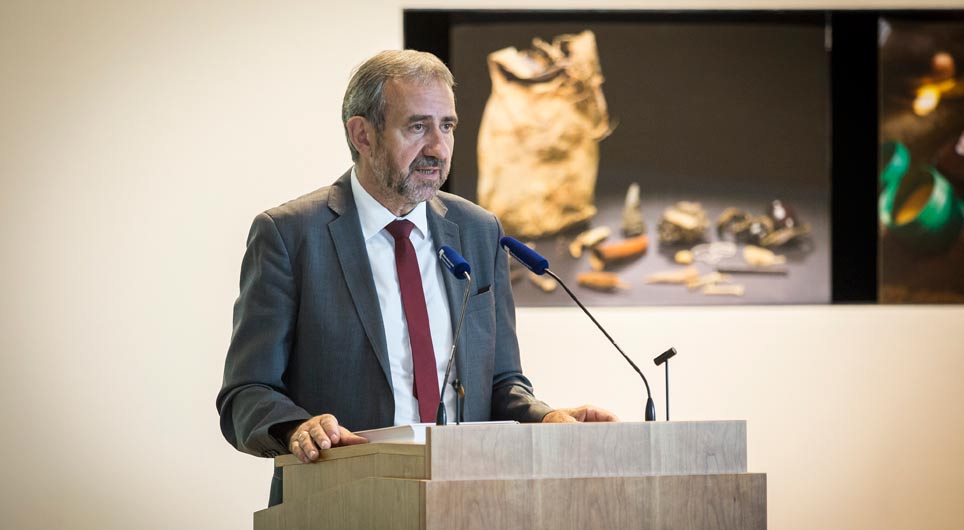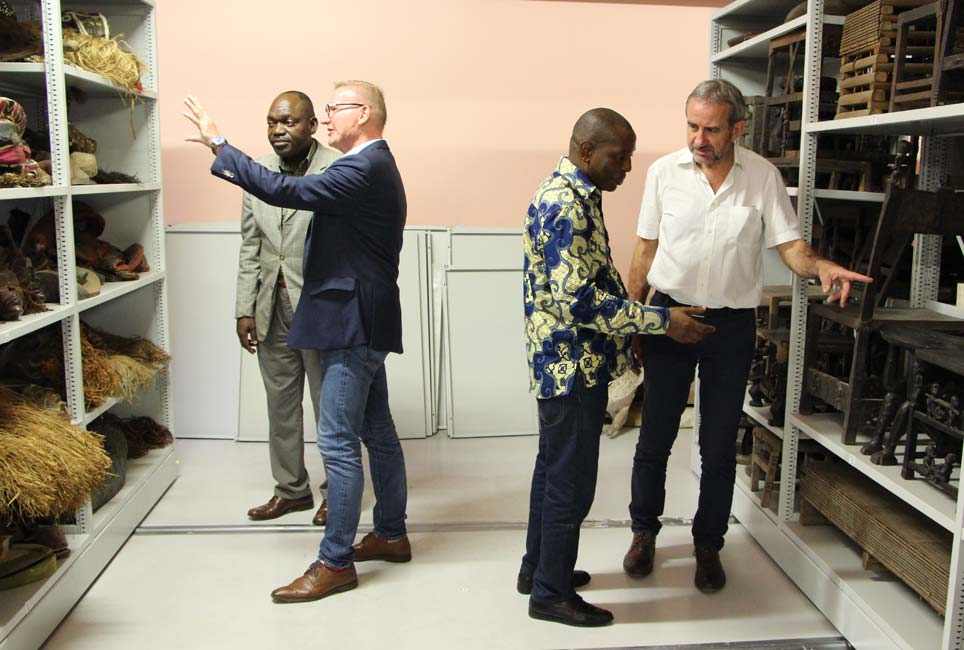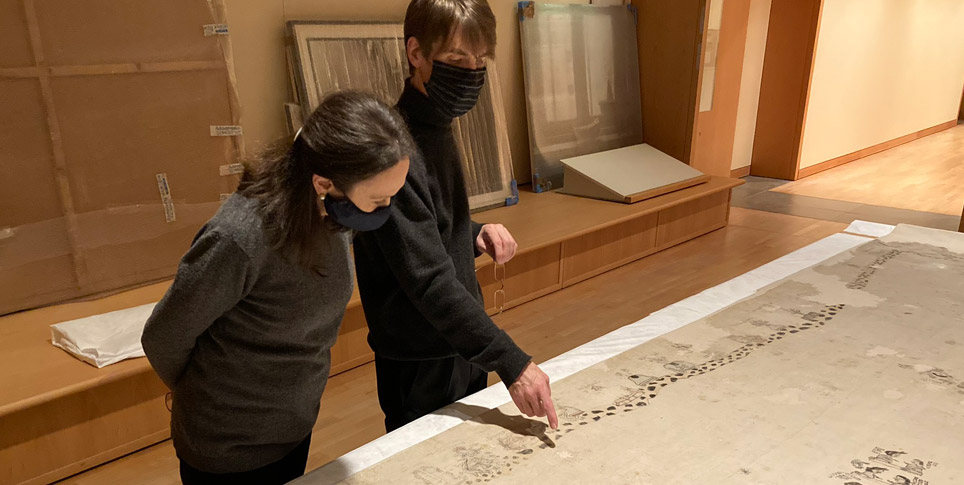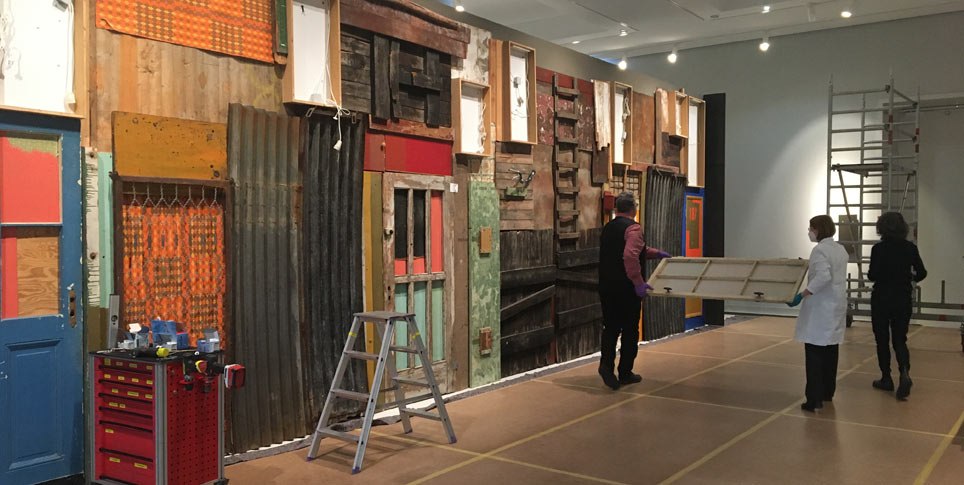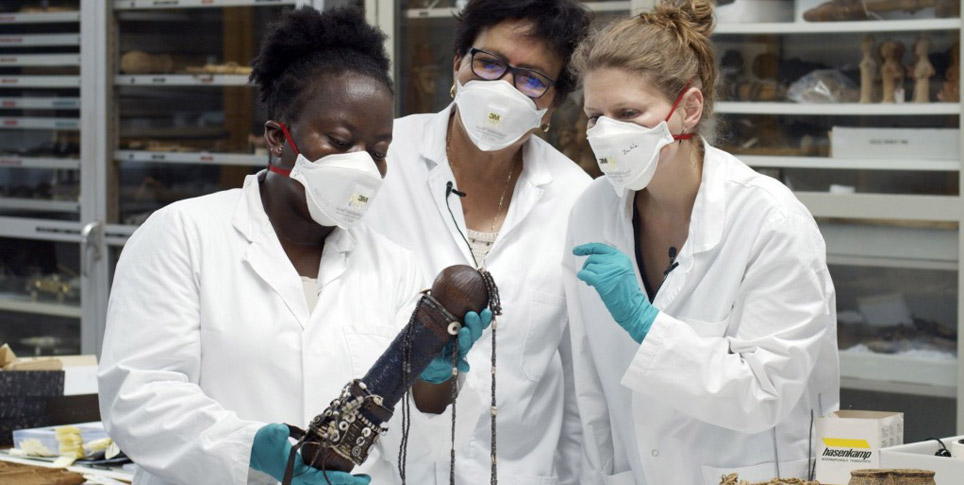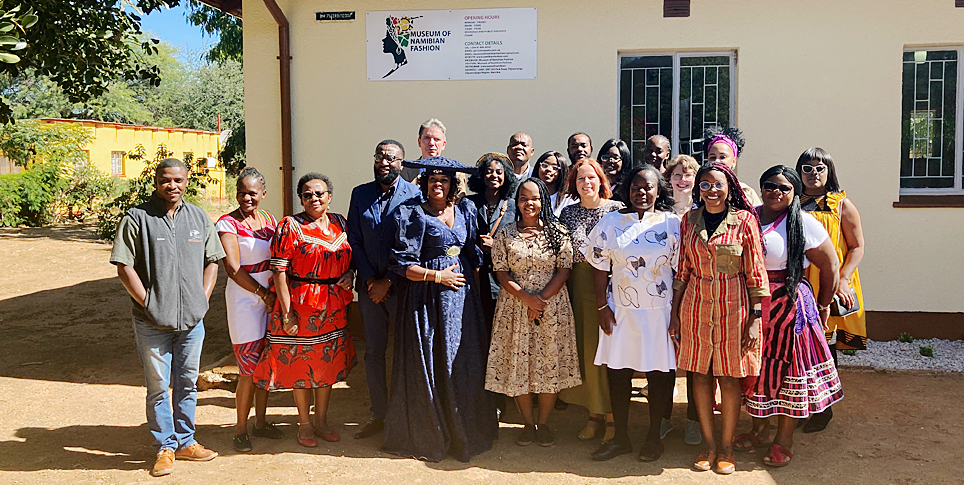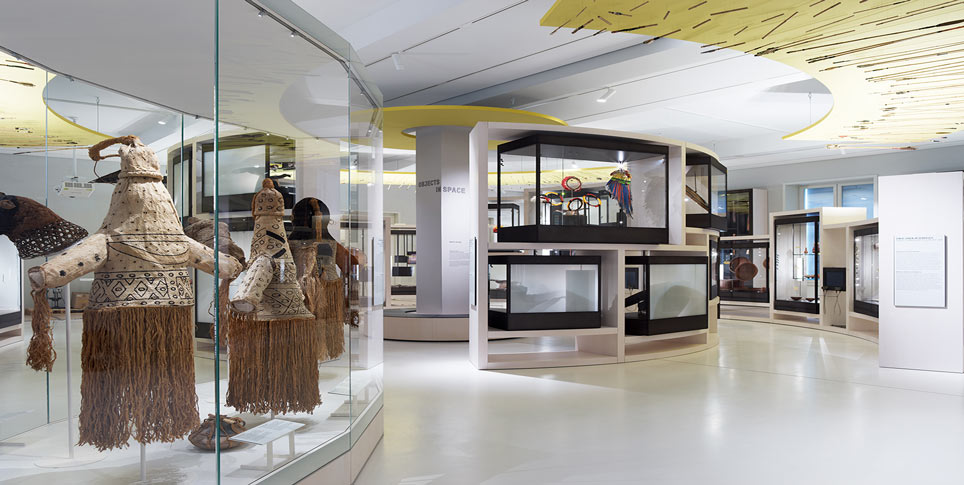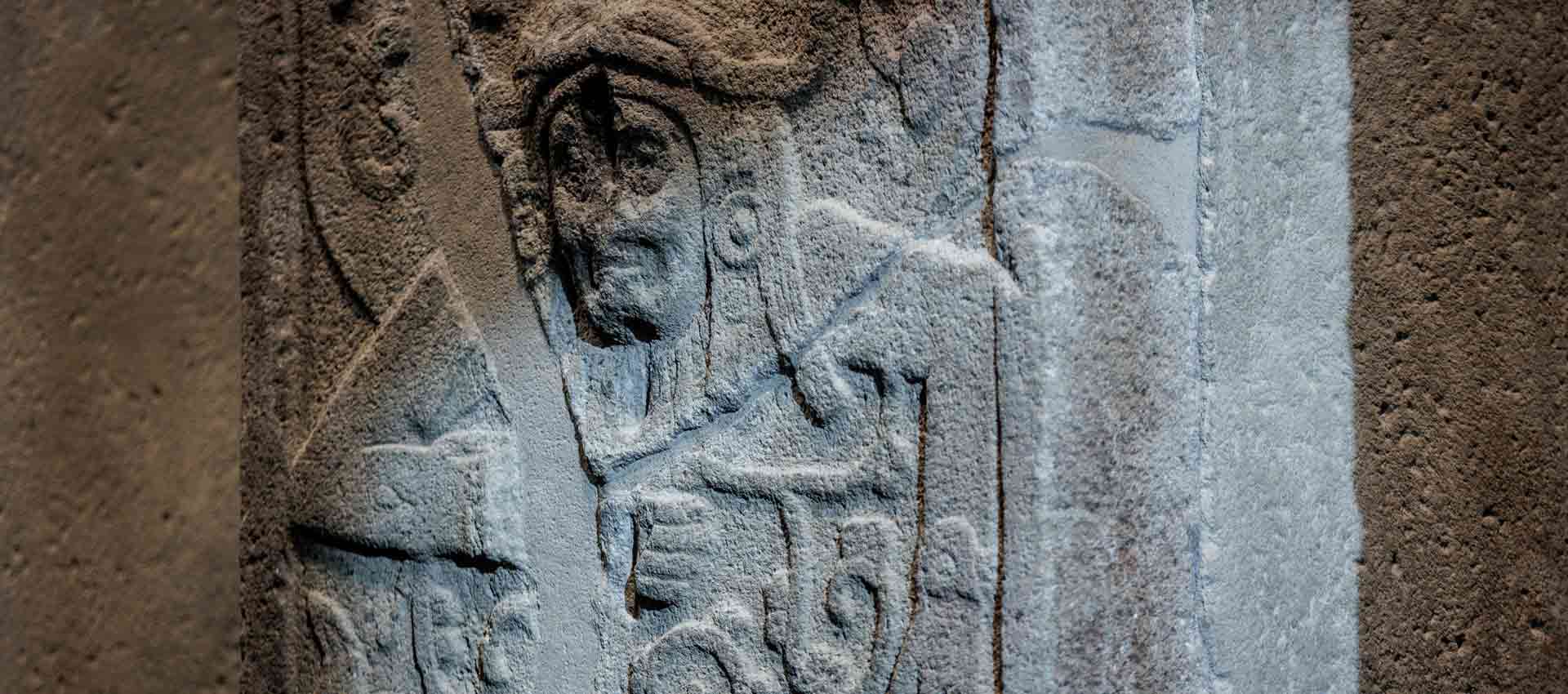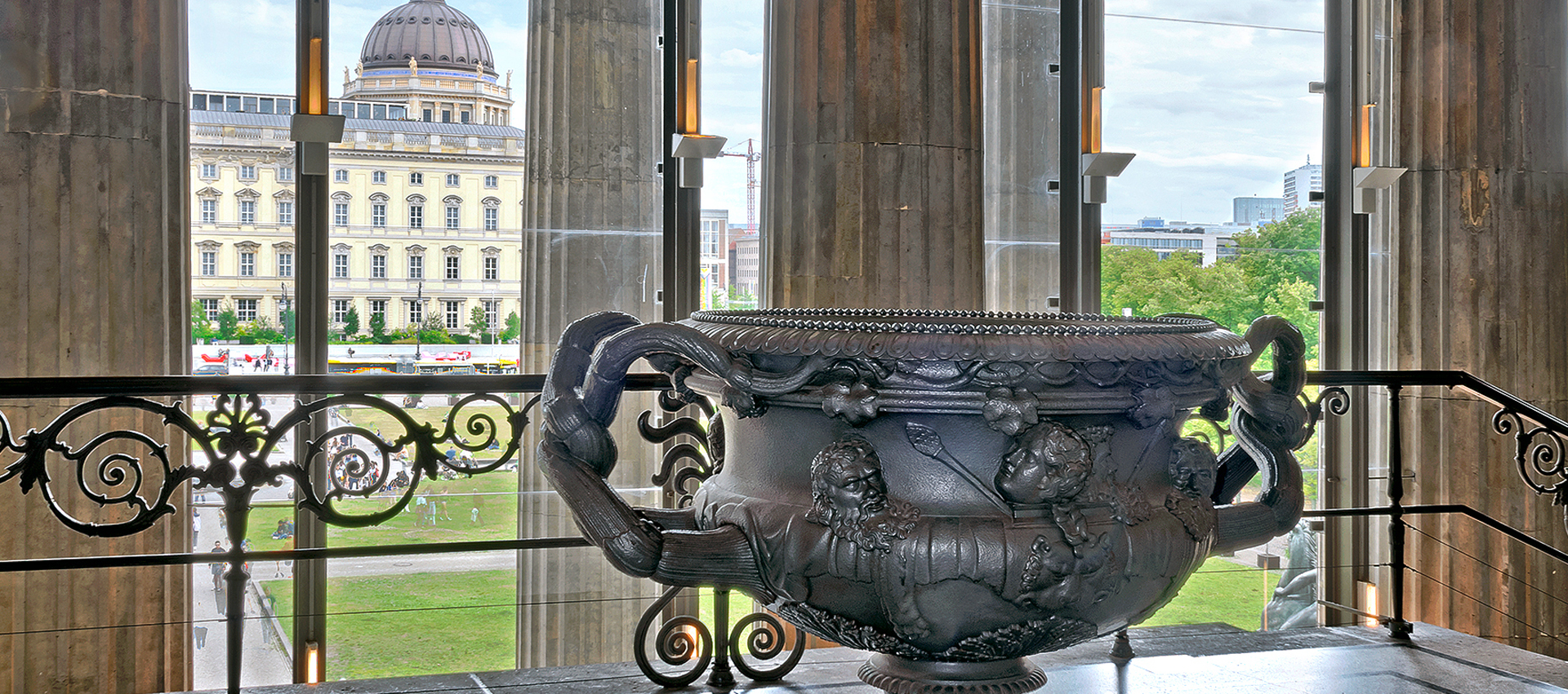How should the African collections of the Ethnologisches Museum be displayed today? Museum-makers from the countries of origin concerned met with representatives of the Humboldt Forum in Johannesburg to discuss this question in February 2016.
In February 2016, Hermann Parzinger traveled to South Africa for the workshop organized by the Goethe Institute. He went there with Viola König, Jonathan Fine, and Paola Ivanov of the Ethnologisches Museum (Ethnological Museum) of the Staatliche Museen zu Berlin (National Museums in Berlin) and Neil MacGregor, the Chairman of the Founding Directorate. In this interview, the President of the Stiftung Preussischer Kulturbesitz (Prussian Cultural Heritage Foundation) and member of the Founding Directorate of the Humboldt Forum talks about the conclusions and decisions reached at the meeting.
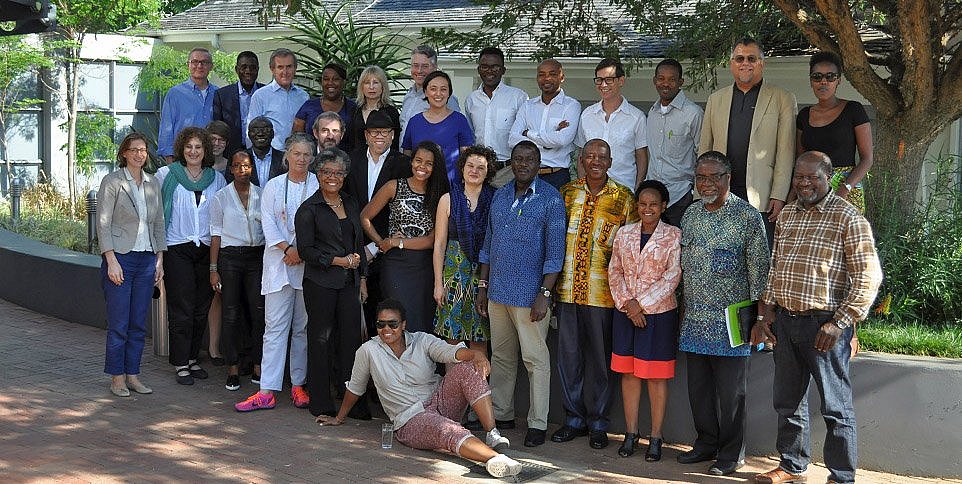
Teilnehmer des Workshops zum Humboldt Forum in Johannesburg © Goethe-Institut Johannesburg / Benjamin Keuffel
What do people in Johannesburg actually say to the idea of the Humboldt Forum?
Hermann Parzinger: Everyone was enthusiastic and naturally also very keen to bring the things that are important to them into the project, and that's exactly why we went to Johannesburg. Besides curators, the participants included cultural scholars and professionals from every part of Africa south of the Sahara, namely Togo, Tanzania, Kenya, Senegal, Angola, and South Africa. They had all informed themselves about the project in great detail. Some of the people present we had already met on previous occasions. On the second day, the participants were divided into a number of working groups, each of which contained one member of our Berlin "deputation", someone from the Goethe Institute, and three to five African colleagues. These groups then considered key questions pertaining to the Humboldt Forum: How can collaboration between African partners and the Humboldt Forum be made ongoing? How should different perspectives on the collections be addressed? What underlying purposes should education and mediation serve? In the course of the workshop, we jointly developed a whole catalogue of deliberations, which were presented and discussed again at the end. It was a highly productive event with really good results from my point of view.
What concerns and comments came from the African side?
A large part of our collections dates from the era of colonialism, but this doesn't mean that they were all created in a colonial context and inherently have a background of injustice. Our colleagues thought it very important that we also highlight Africa's post-colonial development at the Humboldt Forum. They did not want a colonial image of Africa to be perpetuated by collections that were assembled a hundred years ago. It was important to them that the presentations at the Humboldt Forum help to create an awareness of what Africa is today. The issue of the restitution of objects, in contrast, only played a peripheral role. Our African colleagues actually had a different agenda: to establish symmetry of dialogue, to show a different image of Africa, and to develop new forms of cooperation as partners.
What else was discussed?
In planning and designing the presentations of the collections, we place importance on cooperating with every relevant country of origin and including indigenous societies in the process. To this end, we explored the forms that participation could take in the future with our African colleagues in Johannesburg. We discussed how the exchange of exhibitions and the loan of objects to African museums can make significant contributions to participation and coexistence. We all consider the free circulation of cultural goods to be an important long-term cultural objective. The Humboldt Forum will be very open to ideas like these, because they are a very good way of establishing new partnerships and types of cooperation. Another important topic was digitization. This enables us to make the collections and the corresponding background information freely available in a virtual form to anybody who is interested in them, all over the world. We also talked about capacity-building in the sense of promoting academic education and training as well as exchange at a professional level – in a multiplicity of ways, of course. In our case, this is not just about training African curators here, but also arranging for our curators to do internships in African museums in return, so that we can gain a better understanding of local lines of thought and ways of doing things.
Where do things in Berlin go from here?
Our preparations for presenting the collection in the Humboldt Forum are already quite advanced. But we will still need to make some adjustments. In a few places, it would be worth considering whether to link certain thematic modules more overtly via their common aspects so as to create a clearer narrative strategy. And the chief concern is that of relevance to the present day. The constructive work done in this workshop and other participatory events must bear fruit in the form of practical cooperation on a long-term basis.
